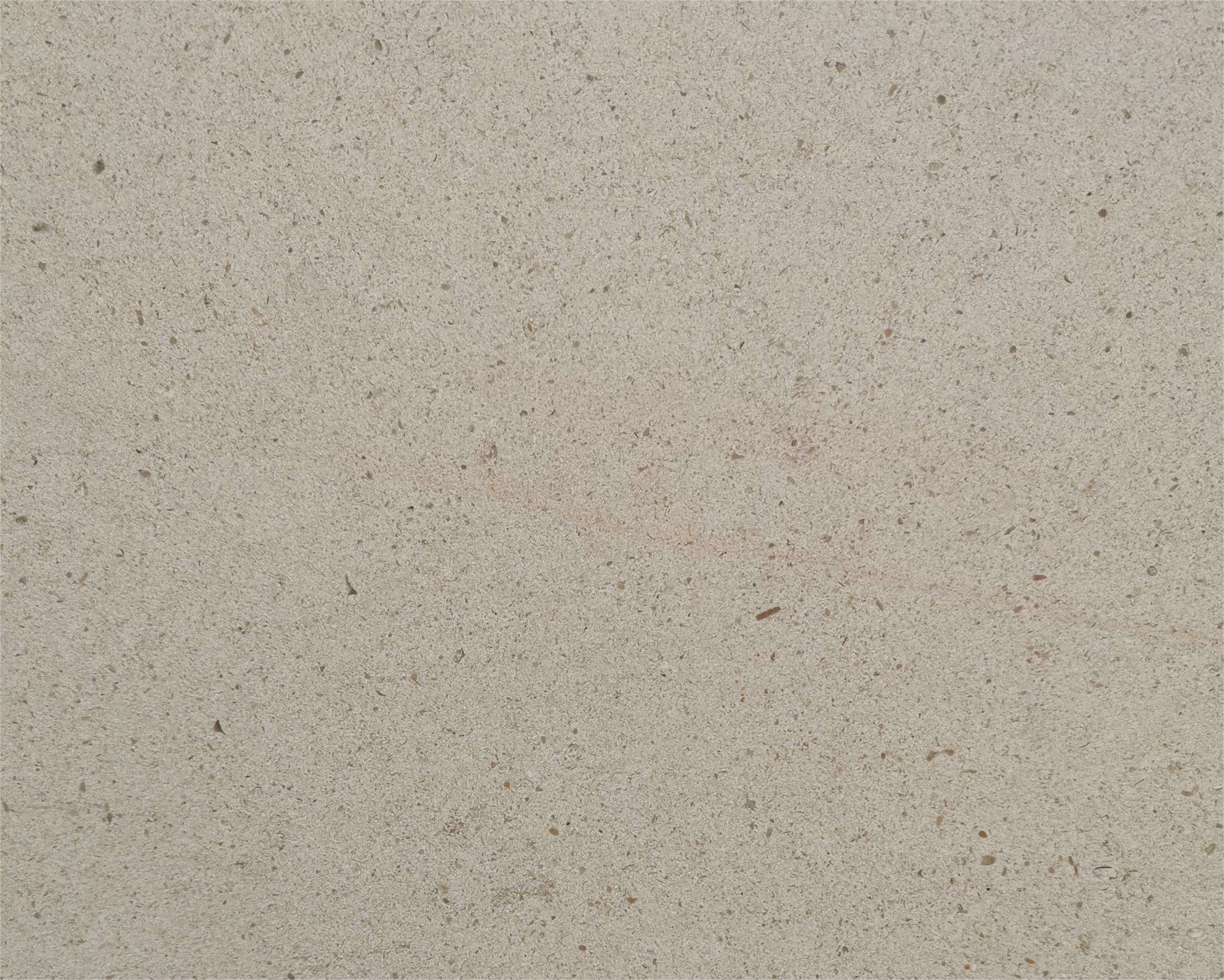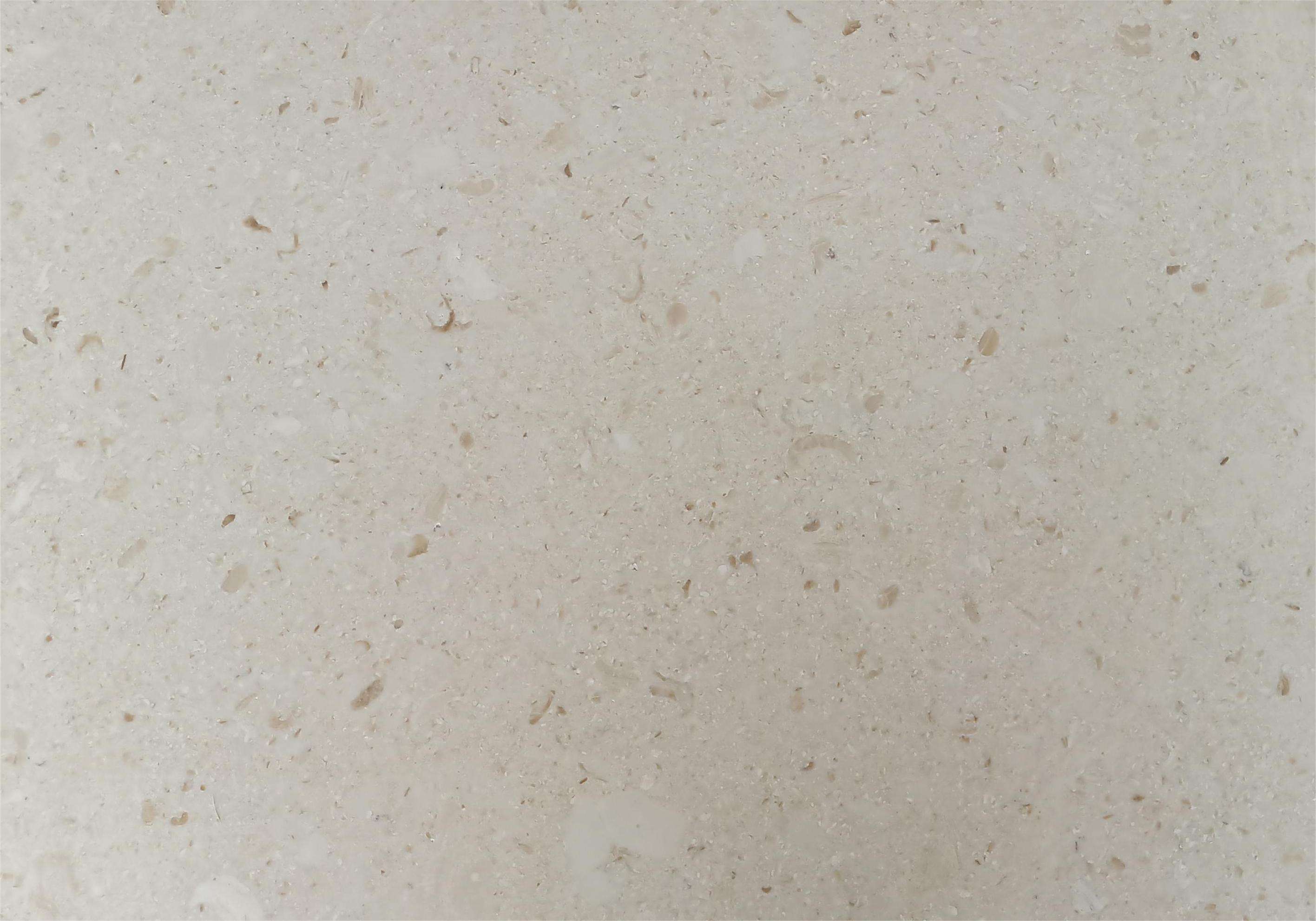Limestone is a sedimentary rock that is composed primarily of calcium carbonate. It is a versatile material that has been used for centuries in construction, agriculture, and industry. In this comprehensive guide, we will explore the properties, uses, and benefits of limestone.
What is Limestone?
الحجر الجيري is a sedimentary rock that is formed from the accumulation of calcium carbonate shells and skeletons of marine organisms such as coral and mollusks. It is typically found in shallow marine environments and is composed of at least 50% calcium carbonate.
Properties of Limestone
Limestone is a durable and versatile material that has a range of properties that make it ideal for a variety of applications. Some of the key properties of limestone include:
1. Hardness: الحجر الجيري is a relatively soft rock with a hardness of 3 on the Mohs scale.
2. Porosity: Limestone is a porous rock that can absorb water and other liquids.
3. Durability: الحجر الجيري is a durable material that can withstand weathering and erosion.
4. Color: Limestone comes in a range of colors, including white, gray, and beige.
Uses of Limestone
Limestone has been used for centuries in a variety of applications. Some of the most common uses of limestone include:
1. Construction: Limestone is a popular building material that is used in the construction of buildings, bridges, and other structures.
2. Agriculture: Limestone is used in agriculture to neutralize soil acidity and provide essential nutrients to crops.
3. Industry: Limestone is used in a variety of industries, including steel production, glass manufacturing, and paper production.
4. Landscaping: Limestone is a popular material for landscaping and is used in the construction of retaining walls, walkways, and other outdoor features.


Benefits of Limestone
Limestone offers a range of benefits that make it an ideal material for a variety of applications. Some of the key benefits of limestone include:
1. Durability: Limestone is a durable material that can withstand weathering and erosion.
2. Versatility: Limestone is a versatile material that can be used in a variety of applications.
3. Sustainability: Limestone is a sustainable material that is abundant and readily available.
4. Aesthetics: Limestone is a beautiful material that can add a touch of elegance to any project.
Types of Limestone
There are several different types of limestone, each with its own unique properties and characteristics. Some of the most common types of limestone include:
1. Chalk: Chalk is a soft, white limestone that is composed of microscopic shells.
2. Travertine: Travertine is a type of limestone that is formed from the precipitation of calcium carbonate.
3. Tufa: Tufa is a porous limestone that is formed from the precipitation of calcium carbonate.
4. Fossiliferous limestone: Fossiliferous limestone is a type of limestone that contains fossils.
5. Oolitic limestone: Oolitic limestone is a type of limestone that is composed of small, spherical grains called ooids.
الخاتمة
Limestone is a versatile and durable material that has been used for centuries in a variety of applications. Its unique properties and characteristics make it an ideal material for construction, agriculture, industry, and landscaping. Whether you are looking to build a new structure, improve your soil quality, or add a touch of elegance to your landscaping, limestone is a material that is worth considering.
FQA
What are the key properties of limestone? Four key points: Its Mohs hardness is 3, making it a relatively soft rock; its porous texture allows it to absorb water and other liquids; its durability makes it resistant to weathering and erosion; and its colors vary, with white, gray, and beige being common.
What is limestone? It’s a sedimentary rock primarily composed of calcium carbonate. It forms from the accumulation of shells and skeletons of marine organisms like corals and mollusks. It’s typically found in shallow marine environments and contains at least 50% calcium carbonate.
Where is limestone most commonly used? It has four main uses: construction (building houses, bridges, etc.); agriculture (neutralizing soil acidity and providing nutrients for crops); industry (steelmaking, glassmaking, and papermaking); and landscaping (retaining walls, sidewalks, and other outdoor features).
How hard is limestone? Is it suitable for wear-resistant components? With a Mohs hardness of only 3, it’s relatively soft and unsuitable for components requiring high strength and wear resistance. It’s more suitable for applications where hardness isn’t a priority, such as building exteriors and landscape decoration.
المنتجات ذات الصلة

Portugal Beige Moca Cream Limestone Slab

Crema Bella Antique Limestone Slab

